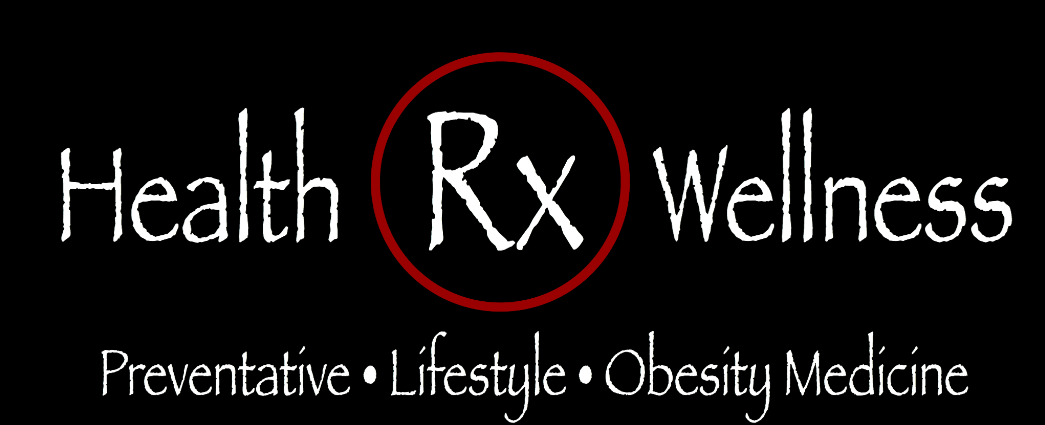At Rx Health and Wellness Weight Loss Clinic located in Owasso, Oklahoma, we strive to provide practical information to aid you on your weight loss journey. We gladly share our knowledge in a series of posts titled “From the Bedside”. In this article, Dr. Hancock, one of our providers at Rx Health and Wellness Weight Loss clinic, discusses what probiotics are and what role they play in helping you achieve your weight loss goals.
By Christopher Hancock, DO
Probiotics have been characterized as “good bacteria” or “healthy bacteria”. Another term that is “more medical” includes: live microorganisms. So, the question is: What is good bacteria? Good bacteria can better be defined as – biodiversity of bacteria in the gastrointestinal tract – a scenario in which we are able to optimize homeostasis by our “bacterial ecosystems”. Each person has a “gut microbiome”, or their own bacterial ecosystem within the gastrointestinal tract that participates in providing normal gastrointestinal homeostasis.
Ever wonder what happened to the contents of a BLT sandwich a few hours after eating one? Our gut microbiomes maintain a level of normal GI physiology or homeostasis allowing our bodies to absorb certain aspects and quantities of macronutrients that we use in other parts of our bodies. Overall, the gut microbiome is responsible for metabolism of food, helps to protect against pathogenic invasion (healthy immune system) and regulates absorption of macronutrients (fats, proteins, carbohydrates). Predominate forms of bacteria in our GI tracts include Bacteroides and Firmicutes. The primary form of bacteria in the colon is Lactobacillus. Maintaining a good balance of various types of these bacterium allow for our bodies to more fully regulate what is being absorbed and this is often in direct correlation to our diets.
The overall composition of the gut microbiota is related to genetics, antibiotic use, food and water, metformin, and diet. Of note, metformin acts in such a way that leads to a decrease in insulin resistance which is favorable for weight loss/maintenance. A healthy gut microbiome also allows for a good balance of macronutrient absorption which leads to reduced fat deposition in the body, appropriate timing of satiety (feeling that sensation of being full when you are actually full instead of thinking “yep, I’ve eaten too much again”), improvement in leptin sensitivity (leptin is a hormone that inhibits hunger as opposed to ghrelin which increases hunger).
Back to probiotics, and this idea of adding “good bacteria” back into our GI tracts. Probiotics are designed to maintain good biodiversity of bacteria in our GI tracts to perform aforementioned tasks leading to optimized gut homeostasis. Probiotics are typically dosed in colony forming units, or CFU’s. Basically, this tells us the approximate number of bacterial strains within each capsule of a probiotic. Moreover, lactobacillus is the primary player in routine probiotics. Additionally, food sources such as greek yogurt, pickles, and sauerkraut are loaded with daily does of helpful probiotics. Otherwise, probiotics typically come in 5 to 10 billion CFU’s per day. One of the most common side effects can be increased bowel gas leading to an increase in flatus or abdominal bloating. A simple fix for this can include taking the probiotic every other day or even every 3-4 days contingent on symptom progression. Less frequently loose stools may occur although typically resolves within a few days although more persistent symptoms can be alleviated by consuming every 3-4 days.
The providers at Rx Health and Wellness Weight Loss Clinic recommend use of probiotics to aid in optimal gastrointestinal function for improving weight balance. Also consider checking out Celebrate Pre/Probiotic Blend which is recommended by the providers at Rx Health and Wellness Weight Loss Clinic. These particular probiotics help with weight loss and weight maintenance. You can get discount by purchasing through our link as follows:


